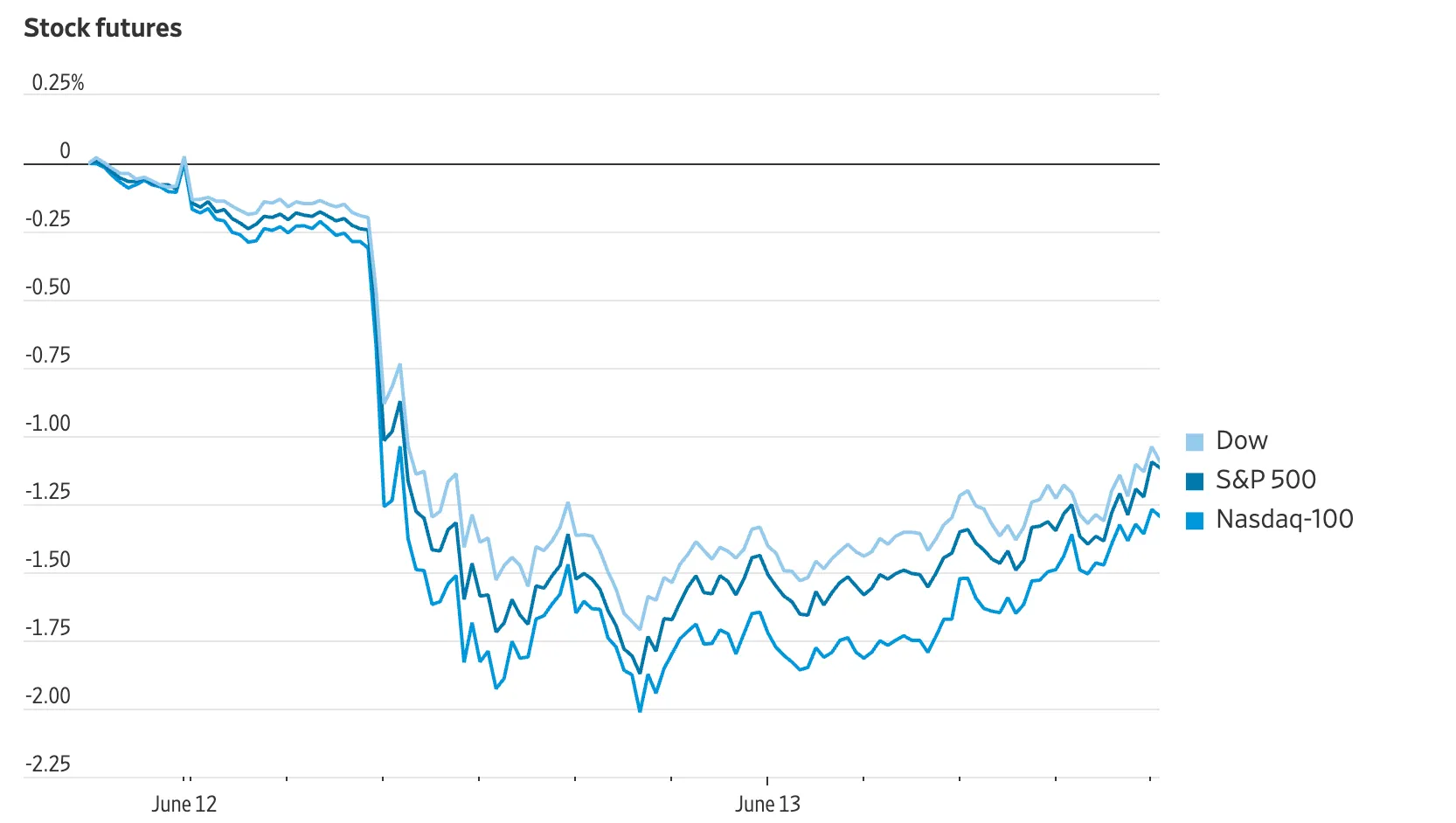Why oil prices in 2025 could blow past $100

Just when markets were getting comfortable, the Middle East lit the fuse. One surprise Israeli strike on Iranian targets sent oil prices surging, stocks wobbling, and traders scrambling for safe havens. Brent shot past $77, WTI followed closely, and now everyone’s asking the same question: could oil break $80? Or, if J.P. Morgan’s warning plays out, are we heading straight for $120 and a fresh inflation shock?
Geopolitical impact on oil prices: $80 within reach
$80 isn’t a stretch. With WTI already hovering around $72 and Brent nearing $73, the next leg higher could come from as little as a headline or two.

Military tensions haven’t cooled, traders are on edge, and energy markets love a good panic. What’s fuelling this move? A perfect cocktail: tighter US inventories, rising summer demand, and Middle East uncertainty that just won't quit. Add in a hint of optimism around US-China trade talks, and you’ve got a price rally with legs.
Crude oil price trends: Enter JPMorgan’s $120 warning
Here’s where it gets spicier. According to J.P. Morgan, an attack on Iran could spike oil to $120 a barrel. That’s not just bad news for your fuel bill - it could blow US inflation back up to 5%, at a time when the Fed was starting to breathe a little easier.
“Oil at $120 would put rate hikes back on the table,” the bank cautions.
Suddenly, central banks might find themselves in a bind: either fight inflation again or risk choking off a shaky recovery. And let’s not forget President Trump, who’s made cheaper energy a cornerstone of his inflation-fighting playbook. A spike like this could pull the rug from under that narrative.
Middle-east Oil tensions keep traders on edge
Stock markets didn’t take kindly to the missile news. US futures dropped over 1%, gold and the Swiss franc surged, and investors rotated into defensive plays like energy, utilities, and weapons manufacturers. Classic risk-off behaviour.

Meanwhile, oil traders are hedging for the weekend. With tensions escalating and Iran promising a response, few want to be caught flat-footed come Monday. The balance between supply concerns and demand uncertainty has tilted firmly in favour of the bulls - at least for now.
Could this be the start of an Oil supercycle?
Beneath the short-term noise, a bigger narrative is simmering. Is this the start of a new oil supercycle, powered not by booming demand, but by geopolitical instability? The market has been dismissing such ideas for months. But now, with crude climbing and conflict heating up, that conversation is back on the table.
Oil market technical insight: Will $80 be a pit stop on the way to $120?
The answer depends on two fronts: diplomacy and retaliation. If things escalate further, $80 could be just the beginning. But if the weekend brings a pause in hostilities, traders might take some heat off the market - for now.
Still, with inflation high, central banks twitchy, and oil at the mercy of missiles and politics, the price action is anything but stable.

Are you watching the oil surge? You can speculate on the price trajectory of Tesla and Alphabet with a Deriv MT5 account.
Disclaimer:
The information contained within this blog article is for educational purposes only and is not intended as financial or investment advice. The information may become outdated. We recommend you do your own research before making any trading decisions. The performance figures quoted are not a guarantee of future performance.



